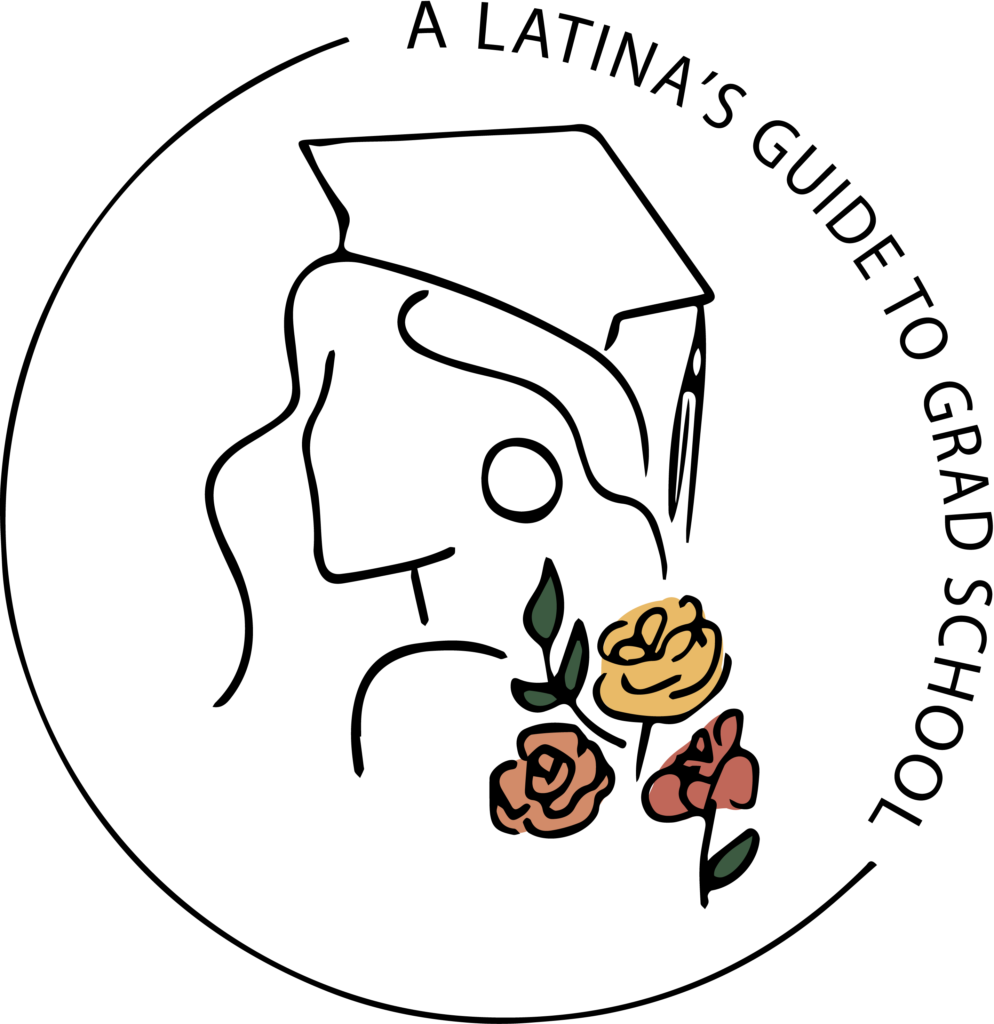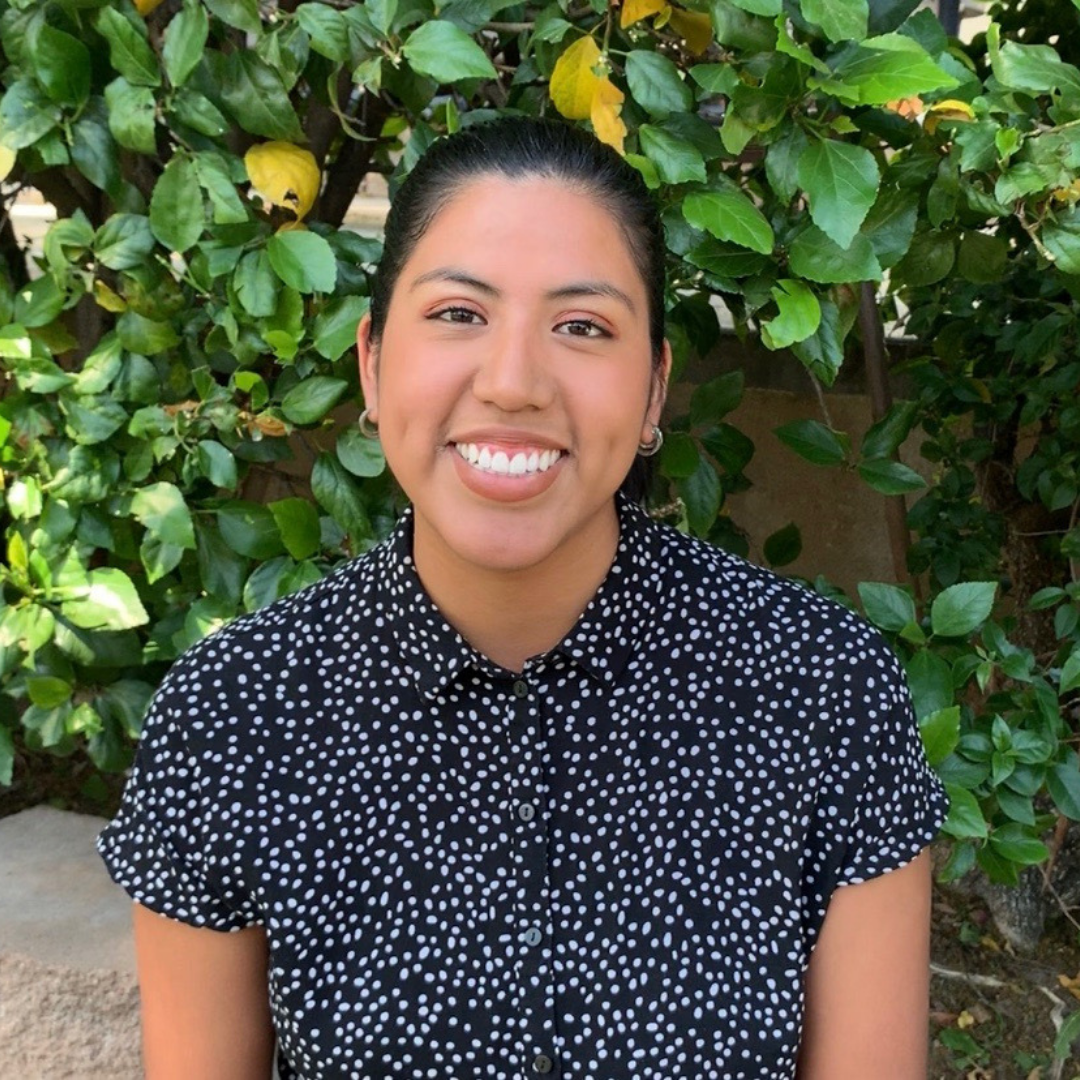Describe your personal, educational, and professional experiences and how they informed your decision to pursue a graduate degree.
As a daughter of immigrants I always knew that I wanted to pursue education, if not for myself for my parents. While at UCLA I discovered Public Health, a new career option I hadn’t previously known existed. Through my experiences and leadership in several international service organizations and opportunities as an undergraduate, I learned that my skills and my heart both lent themselves to a health profession working alongside other people. Upon graduating from UCLA, I took a year-long internship in a Family and Children’s Center in Medellín, Colombia which showed me what skills I had and what areas I needed to continue improving on with international nonprofit work. I then worked at a nonprofit in Orange County, CA for two years as a community organizer, learning about the on-the-ground networks, connections, and models that can be used to help empower communities to advocate for change. Although this work was fulfilling, I wanted to be able to do more for the community. I decided that I wanted to return to school and continue preparing myself to work at the policy and systems level to help influence and change inequitable systems. I knew that in order to do this I would have to continue educating myself and earn a Master’s Degree, which is why I am now a graduate student at Loma Linda University’s School of Public Health.
What challenges did you encounter along your educational trajectory? How did you overcome those challenges?
While applying to universities my biggest fear was money. My father is a truck driver and my mother cleans houses so I knew that they would be able to contribute little to nothing towards my education. My dreams to make them proud were vast, but our savings for college were few. I decided to apply to universities anyway, appealing to as many scholarship committees as possible. Fortunately I was accepted, but still lacked about $10,000 per year for UCLA. I was very blessed in the form of an unexpected scholarship that had just been inaugurated that year under the name of an Achievement Scholar. This was a scholarship that you couldn’t apply for but was given to the top 1-2% of the incoming class without their knowledge. Because of this scholarship, I was able to graduate from UCLA debt free and help my parents towards the American Dream. Once I was finished with my undergraduate degree the biggest challenge I faced was leaving the workforce after three years. It is difficult to work and then return to school, as the routine of studying is long gone and the feeling of a workday is very different from that of a school day. In order to overcome this I had to remind myself everyday about where I wanted to be in a year and what I had to do that day to make it a reality. I knew that if I wanted to be in graduate school the following year I needed to study for exams, write my applications, and ask for recommendations well in advance. Imagining myself in the future and working towards the future I wanted was the key to my motivation for those months of applying to graduate school.
What advice do you have for individuals who are interested in pursuing a graduate degree?
Take your time. I often think about the “what if I had started my graduate program straight out of undergrad?” Although I think that works for many, I am very glad that I didn’t take that path. For myself, the choice to take time off was not a difficult one because I knew that I was not sure yet of what graduate degree I wanted to work towards. I wanted more experiences to help me find my path and passion. I decided to intern internationally and then work domestically because it showed me the nonprofit world from both perspectives. Without these experiences I wouldn’t have the depth of understanding in the theories that we learn in graduate school and wouldn’t have as many opportunities open to me as I do now. As I have more work experience than most of my classmates, I have more practicum opportunities available and a wider base to pull knowledge from in discussions with professors. I had to learn that my life is just that: mine. It is important to realize that no one has the same timeline as you or the same skill set and vision as you. I have classmates who are two years younger than I am and I have classmates who are twenty years older than I am and we are all equally excited about our futures. So take your time and truly find what you want to study and what you’re passionate about before you dive in. Graduate school is an investment in yourself, so get to know yourself first.
What did you enjoy most about your graduate/professional program?
I am still in my first year of my graduate program but what I have enjoyed the most so far is getting to know my cohort. Although I am truly passionate about what we are learning and the critical lens that we view the world through, none of this would be as enjoyable without my network. Our professors constantly tell us, “Get to know each other because these are your colleagues and networks for life.” Networking and getting to know each other in this phase of our lives is incredibly special as we’re all growing into who we want to be and what we want to do in this world. Graduate school is different from undergrad because it is more focused and people are more sure of what they want. It is a powerful time to be around others who you can see working in policy, working on health systems, and working to make positive change in the world for others in the future. So if you do decide to go to graduate school, get to know your cohort because they can help inspire you, keep you motivated, and can help you get through those difficult days where you forget why you decided to go back to school in the first place.
In addition to being a full-time student, Karla is currently an intern at the Ventanilla de Salud in the Mexican Consulate and was recently asked to join a community garden and community health worker pilot program as a Community Health Liaison and Service Learning Project Manager through the Institute for Community Partnerships at Loma Linda.


